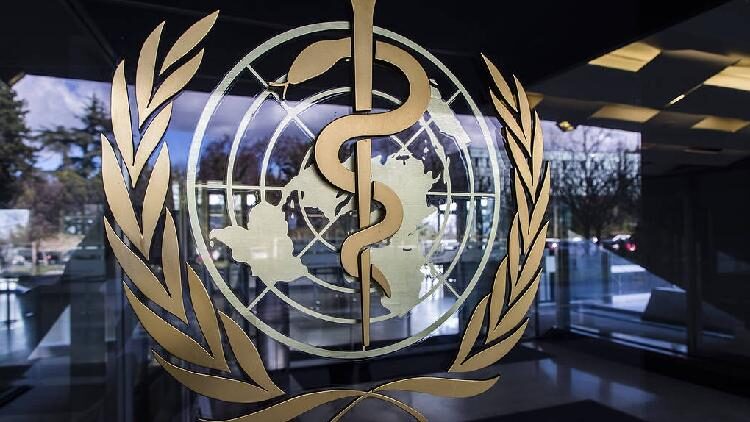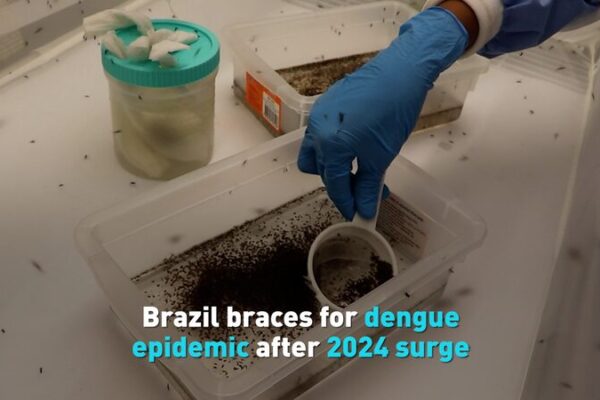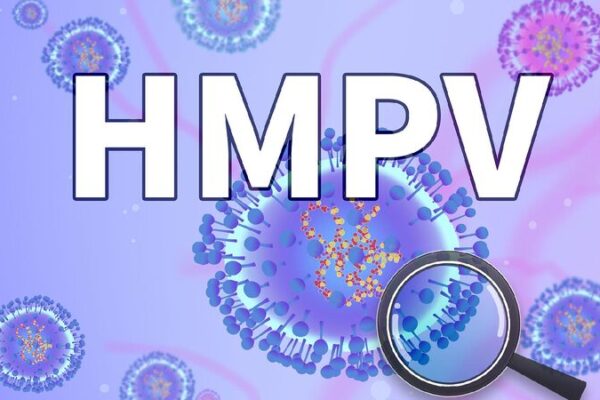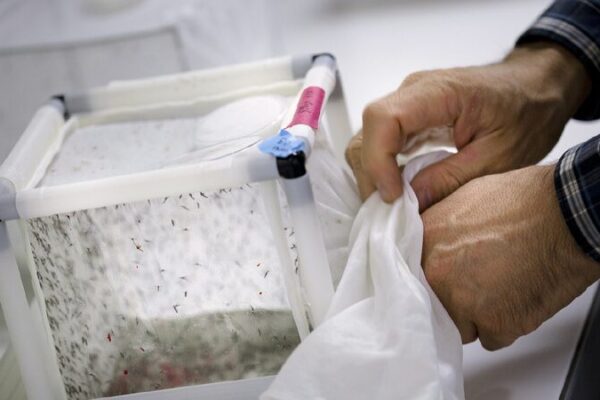An unknown illness has rapidly claimed the lives of over 50 people in northwestern Democratic Republic of Congo within the past five weeks, health officials report. The disease, first detected in three children who ate a bat, presents with symptoms including fever, vomiting, and internal bleeding, and has a mortality rate within 48 hours of symptom onset.
“This rapid progression from symptoms to death is deeply concerning,” said Serge Ngalebato, medical director of Bikoro Hospital, a regional health monitoring center.
Health experts have ruled out known hemorrhagic fevers such as Ebola, dengue, Marburg, and yellow fever after testing over a dozen samples. Since the outbreak began on January 21 in the village of Boloko, a total of 419 cases have been recorded, with 53 fatalities. The initial cases involved three children who died within two days after consuming a bat, according to the World Health Organization’s Africa office.
The disease’s swift spread and high fatality rate have alarmed officials and residents alike. A second outbreak emerged in the village of Bomate on February 9. Samples from 13 cases were sent to the National Institute for Biomedical Research in Kinshasa for further analysis. While some tested positive for malaria, the primary cause remains unidentified.
There is growing concern about zoonotic diseases—illnesses that jump from animals to humans—especially in regions where wild animals are part of the local diet. The WHO noted in 2022 that the number of such outbreaks in Africa has surged by over 60% in the past decade.
Last year, a similar mystery illness claimed dozens of lives in another part of Congo before being attributed to severe malaria. Health authorities are urging the public to exercise caution and are intensifying efforts to identify the disease.
Reference(s):
cgtn.com








